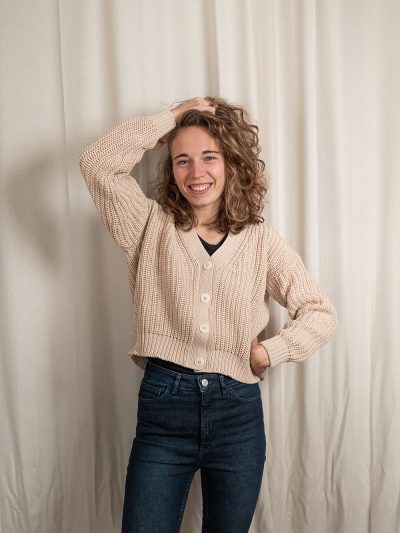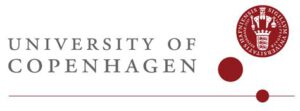About
Hej 🙂
My name is Miriam,
I am here to help you get things done with ease.
Doing a PhD can be a tough journey! You have to find the balance between research, acquiring new skills, presenting your work, teaching, your private life …
No wonder, many PhDs struggle with completing their PhD on time – and enjoying their work all the way.
I think everyone as the right to healthy growth, fulfillment and fun during their PhD. Including you! Time Management is the link between all the different aspects of your life. It helps you satisfy your needs, retain your energy and still in control.
For that, I offer workshops on Time Management tailored to PhDs and Postdocs. If you want to collaborate, hear about options or book me, fill in my contact form and I happily get back to you 🙂





